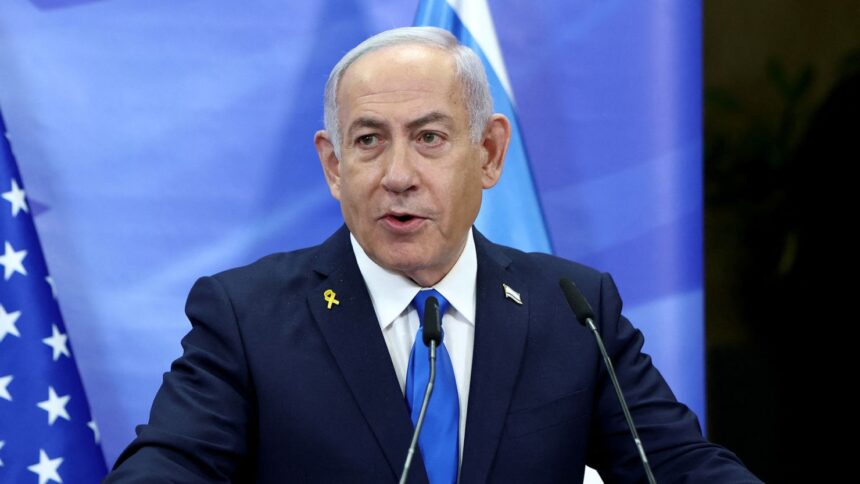It has become a familiar refrain: Israeli Prime Minister Benjamin Netanyahu says that he is “changing the face of the Middle East.”
It is, he says, “a war of rebirth.”
It is, in a sense, undoubtedly true.
Israel has troops in Lebanon, Syria and Gaza. It’s vowed to demilitarize huge swaths of all three – backed by an unquestioning ally in the White House. The war in Gaza, which Israel restarted earlier this month, looks increasingly like it will lead to occupation for months or even years to come.
But Netanyahu is a master tactician, not a master strategist, former Israeli national security officials tell CNN. He has seized opportunities to claw himself back from being in charge during the worst attack on Jews since the Holocaust to unimaginable heights of power, at least in Israel.
To cement his legacy, however, and for a grand strategy to materialize, the country and its national security leaders will need to overcome some fundamental and maybe intractable contradictions.
“We didn’t start the war on October 7,” Ophir Falk, a top foreign policy adviser to Netanyahu, told CNN. “But we’re going to win it.”
Gaza looms large
The most difficult problem is also the most obvious: Gaza.
Netanyahu wants “total victory” over Hamas, a goal a top military official derided as sloganeering, or “throwing sand in the eyes of the public.”
The prime minister has never been willing to say what, when the war is over, Gaza should look like, only what it should not be – that is, governed by either Hamas or the Palestinian Authority.
“The big problem is with the government itself,” Israel Ziv, a retired Israeli general who once headed the military’s operations department, told CNN. “They are not fully committed to those goals (in Gaza). And now it’s not even clear – not to the army, and not to the public – what the government really wants.”
Netanyahu’s indecision was rewarded when US President Donald Trump proposed that all Palestinians leave Gaza. It is, Netanyahu said, “the only plan that I think can work to enable a different future for the people of Gaza, for the people of Israel, for the surrounding areas.”
His extremist right-wing coalition partners could hardly believe their luck. Finance Minister Bezalel Smotrich celebrated: Hamas’ attacks on October 7, 2023 would culminate in Palestinians “losing their land forever,” he said.
Though the cabinet has created an agency to facilitate those who want to “voluntarily” leave Gaza, it’s unclear whether the prime minister sees ethnic cleansing – that’s almost certainly what it would be – as a realistic or desirable goal.
“It’s nonsense – don’t take it seriously,” Nitzan Nuriel, former director of the Counter-Terrorism Bureau in the Prime Minister’s Office, told CNN. It’s nothing more than a message to Israeli extremists and Trump, Nuriel said.
But having decided to abandon the ceasefire framework that saw Hamas release 38 hostages earlier this year, Israel went back to maximum pressure: “From now on, negotiations will only take place under fire,” Netanyahu said.
Israel’s defense minister has ordered the military to push forward in Gaza for a “permanent maintenance of the territory.” Seemingly every day, the military orders more Palestinians to once again leave their shelters and evacuate. Netanyahu told Israel’s parliament Wednesday that the operation “includes taking territory, and it includes other things that I will not detail here.”
“If it doesn’t lead to renewed negotiations, then that would be very bad,” Eyal Hulata, former head of Israel’s National Security Council, told CNN. “What we will see is a permanent presence of the IDF fighting the counterinsurgency on the ground.”
The most probable outcome, Nuriel said, is a prolonged occupation of Gaza and the appointment of an Israeli military governor to run its daily affairs – with the hope that “pragmatic” Gulf states will pick up the bill.
“Is this a good idea? I don’t think so,” he said. “But politically, as far as I understand it, this is one of the government’s options. So we will see an offensive for four, five months. At the end of it, we will control all of that land. And at the end of it we will start to manage that piece of land, as we did at the end of the ‘67 war” – when Israel first seized control of Gaza from Egypt.


